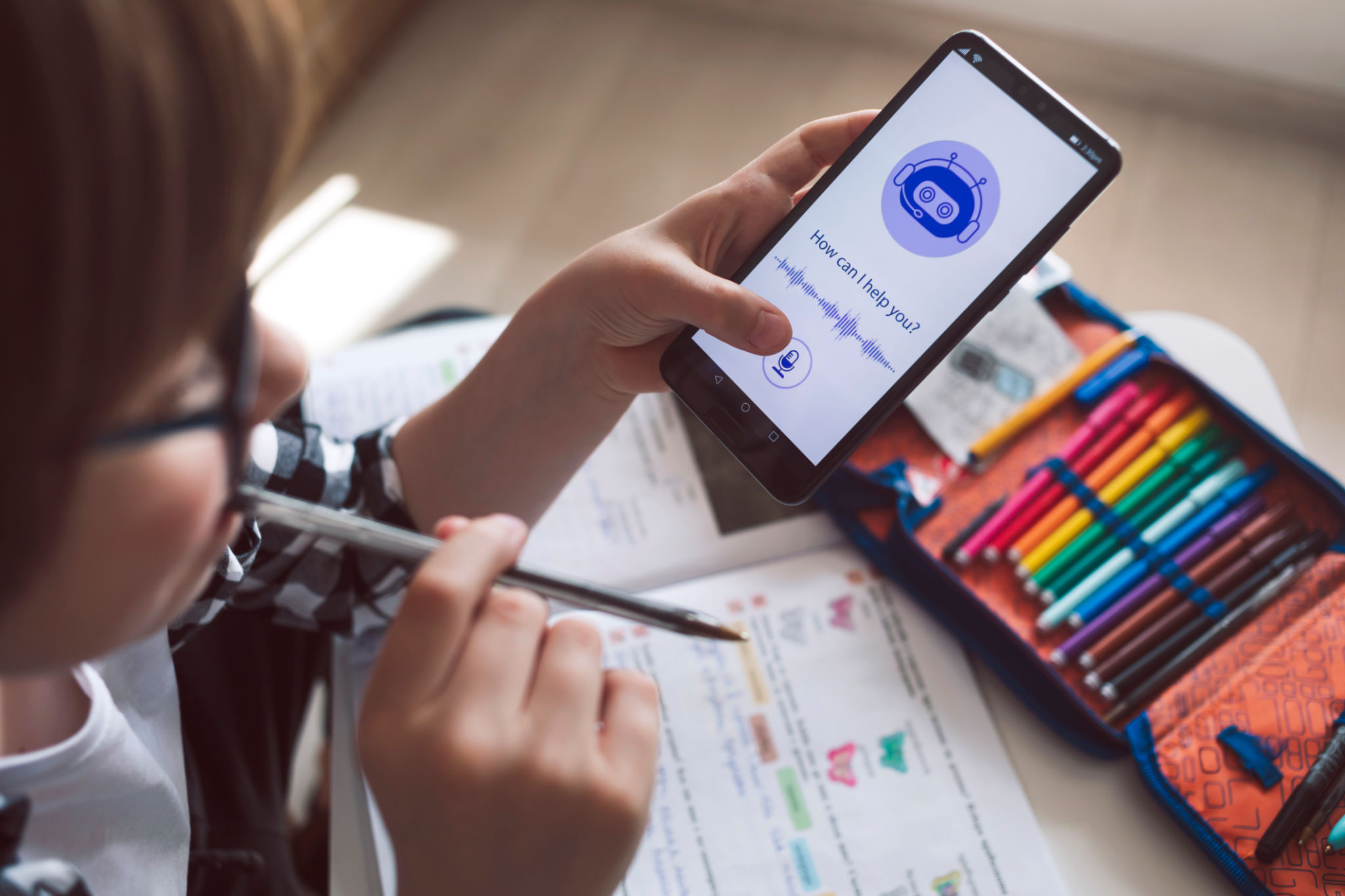Latest Trends in Global Education: What Students Need to Know
Introduction to Global Education Trends
In recent years, the landscape of global education has undergone significant changes, driven by technological advancements, shifting economic demands, and evolving pedagogical theories. For students navigating this dynamic environment, staying updated with the latest trends is crucial for their academic and professional success.

Blended Learning Models
One of the most prominent trends is the rise of blended learning. This model combines traditional classroom experiences with online learning, offering students a more flexible and personalized educational journey. By integrating digital tools and resources, schools can cater to diverse learning styles and paces, ultimately enhancing student engagement and comprehension.
Institutions are increasingly adopting Learning Management Systems (LMS) that facilitate communication, assignment submission, and access to supplementary materials. This approach not only supports academic growth but also prepares students for a tech-centric world.

Focus on STEAM Education
The emphasis on STEAM education—Science, Technology, Engineering, Arts, and Mathematics—continues to grow. This interdisciplinary approach fosters creativity alongside technical skills, preparing students for future careers that require both analytical and innovative thinking.
Countries around the world are investing in STEAM programs to nurture a generation capable of solving complex global challenges. Students engaged in these fields are encouraged to explore, experiment, and express their ideas through project-based learning, making education more interactive and applicable to real-world scenarios.

Global Citizenship Education
In an increasingly interconnected world, global citizenship education is becoming essential. This trend focuses on equipping students with the knowledge, skills, and values necessary to thrive in a multicultural environment. It promotes understanding of global issues such as sustainability, equity, and human rights.
Through collaborative projects and exposure to diverse cultures and perspectives, students learn to appreciate differences and work towards common goals. This educational approach aims to create responsible citizens who are aware of their impact on the world.
The Role of Artificial Intelligence
Artificial Intelligence (AI) is revolutionizing education by providing personalized learning experiences and automating administrative tasks. AI-powered tools can analyze student performance data to offer tailored feedback and recommendations, helping educators identify areas for improvement.
Moreover, AI applications in education extend to chatbots for student support, virtual tutors for personalized learning paths, and even AI-driven content creation. As AI continues to evolve, its role in shaping the future of education will only expand.

Conclusion: Preparing for the Future
As these trends continue to evolve, students must remain proactive in adapting to new educational paradigms. Embracing technology, fostering creativity, and developing a global perspective will be key components of success in the 21st century.
By understanding and leveraging these trends, students can position themselves as capable leaders and innovators in a rapidly changing world. The future of education holds immense potential for those who are ready to embrace change and seize new opportunities.
